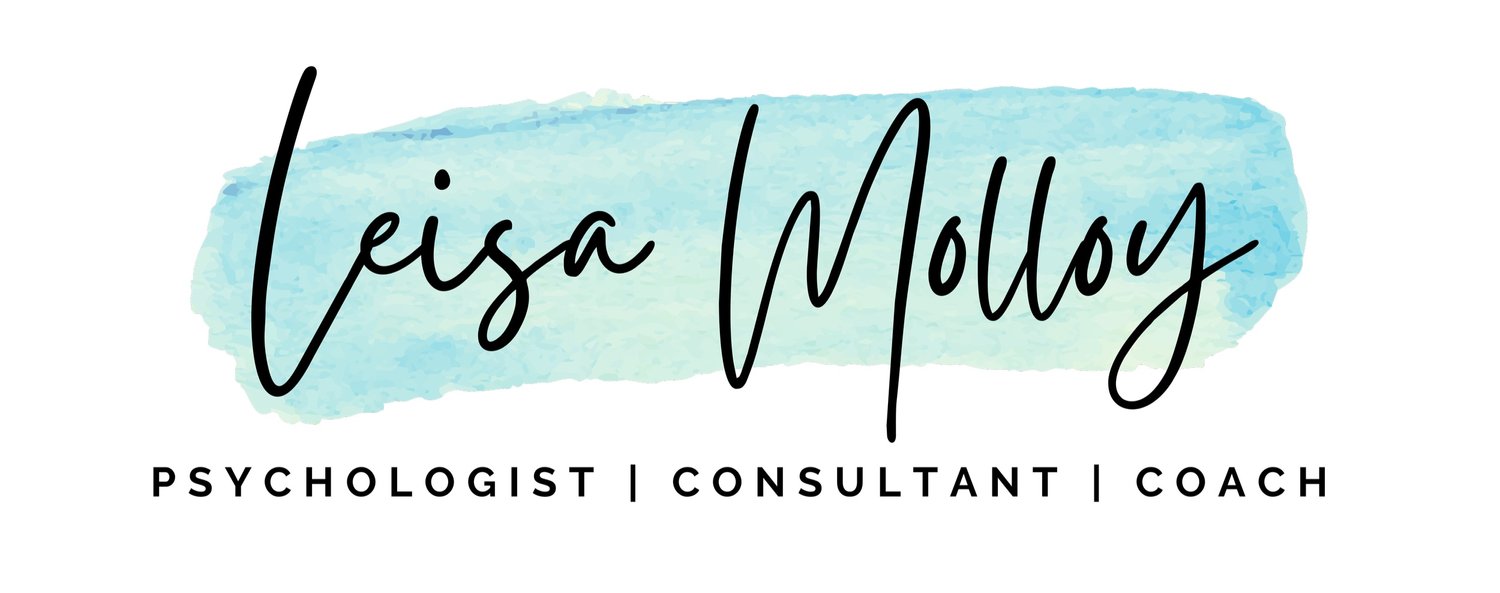On emotional culture, healthy workplaces, and the role of pace, space and grace...
This is the content from the April 2022 newsletter - enjoy! And be sure to sign up for the newsletter if you enjoy this kind of content :-)
It's been a month again! Here we are in April, kicking off a new quarter as we start the downhill slide to the end of the financial year. I don't know about you, but I'm hearing lots of "busy" and "exhausted" (still) when chatting with clients and colleagues, with many looking forward to a mini-break over Easter. We're joining that group and heading off for a week away to rest and recharge, Covid permitting, of course. I hope you find some time to do the same!
Now, onto this month's reading and resources...
How would you describe your emotional culture?
As some of you might have seen through this LinkedIn post, I’ve recently added the Emotional Culture Deck to the toolkit I use when helping leaders and organisations to have more 'human' conversations.
Given my immersion in the topic of emotional culture, I wanted to share the article that inspired the ECD’s founder (Jeremy Dean) to create the deck. The article explores the significant role that emotions can play in the workplace, with how people feel impacting a range of different individual, team, and organisational outcomes. I really like the emphasis on considering those small, seemingly intangible ‘micro-moments’ that make up everyday life within a team or organisation, with my experience suggesting these are often overlooked. I also agree with the assertion that when people are experiencing so-called “negative” emotions, it’s important to listen with curiosity and openness rather than trying to suppress these.
Something I don’t like as much about the article is the repeated labelling of emotions as “positive” or “negative”. Personally, I believe that all emotions can provide us with valuable insights, regardless of how comfortable they feel in the moment.
Keen to read the article? You can find it here on the HBR website.
How do you tell a colleague they’ve screwed up?
As you’ve probably noticed from previous newsletters, I always enjoy an article that includes suggestions on what to actually say during challenging or uncomfortable conversations.
Even if they don’t feel exactly right, having some words to play with can be a good starting point for figuring out what you might say in your own, authentic way. This brief article does exactly that, suggesting some direct but supportive ways to alert your co-workers to potential mistakes. What I like most about this article is the focus on making the feedback about the work (not the person), and showing some vulnerability through sharing your own previous mistakes. When coming from a genuine place, these strategies can help to demonstrate your positive intentions in providing the feedback, making the feedback feel 'safer' for the other person. You can read the article here.
How do you handle conflicting viewpoints?
This article includes some good 'food for thought' on how leaders can encourage and rather than either/or thinking where different views exist. It's a really short article that gets right to the point - without all of the usual stories and examples along the way. Indeed, I found myself reading it a couple of times to absorb the key messages.
To me, these key messages relate to the behaviours most likely to facilitate a culture that actively embraces healthy conflict and debate. To name a few, these include strengthening self-awareness by observing and 'owning' your own reactions, and using inclusive language as a way of recognising potential complexity. How consistently do you (or your leaders) display these different behaviours?
You can ponder these questions while reading the article here.
How healthy is your organisation?
Not surprisingly, many organisations have been exploring different ways to support employees’ wellbeing over the last few years, with this becoming increasingly important as the pandemic goes on (and on and on…!).
I quite enjoyed this discussion from Josh Bersin on what healthy workplaces look like, and how to move beyond more traditional ways of supporting wellbeing. Bersin talks about the 4 different levels of wellbeing 'maturity' uncovered in their recent research, emphasising the critical message that “keeping employees healthy takes more than adding benefits or wellbeing programs”. While organisations can provide all of these perks and programs, it simply won’t be enough if people are still overwhelmed and exhausted because the organisation is asking too much, the work isn’t designed well, or people don't have sufficient clarity from their leaders.
You can listen to the discussion here via the Josh Bersin website, or here on Spotify or Apple podcasts.
What role do "pace, space and grace" play in challenging conversations?
Given my work in this area, I thoroughly enjoyed this fast-paced conversation on approaching feedback conversations in a more thoughtful, curious and connected way.
The episode is full of great suggestions on making these conversations more 'human', in part through recognising, honouring and actively acknowledging the emotional experience of those involved. Other themes relate to the value of slowing down, creating space for reflection, and considering ways to start these conversations from a place of connection. I also enjoyed the focus on more actively considering the role of the feedback receiver, rather than only the person sharing the feedback. Indeed, this is something I always ask my clients about when running programs on Feedback Conversations.
Overall, it's a great listen for anyone who is keen to strengthen their skills and comfort in handling these kinds of situations, and one which I'll be adding to the list of follow up resources for my own participants.
You'll find the discussion here on the Think Fast, Talk Smart website or here via Spotify or Apple podcasts.
How can you keep conversations on track?
This month I'm sharing a simple one-pager developed for participants in my Level Up Your Listening program.
I put this together in response to some conversations about ways to politely interject when someone was "hijacking" the conversation, or there was a need to steer the discussion back towards its original intent. Interestingly, many participants found that as they increased their focus on listening and making space for others, this tended to happen more often - creating an interesting tension for them to navigate. The resource includes some simple suggestions on strategies to try and things you might say, all aimed at getting the conversation back on track while still acknowledging others' contributions. As always, the suggestions can be adapted to suit the context and your own, authentic style.
Thanks for reading! Feel free to share with anyone who might find these insights helpful, or who might want to sign up and join the community.






